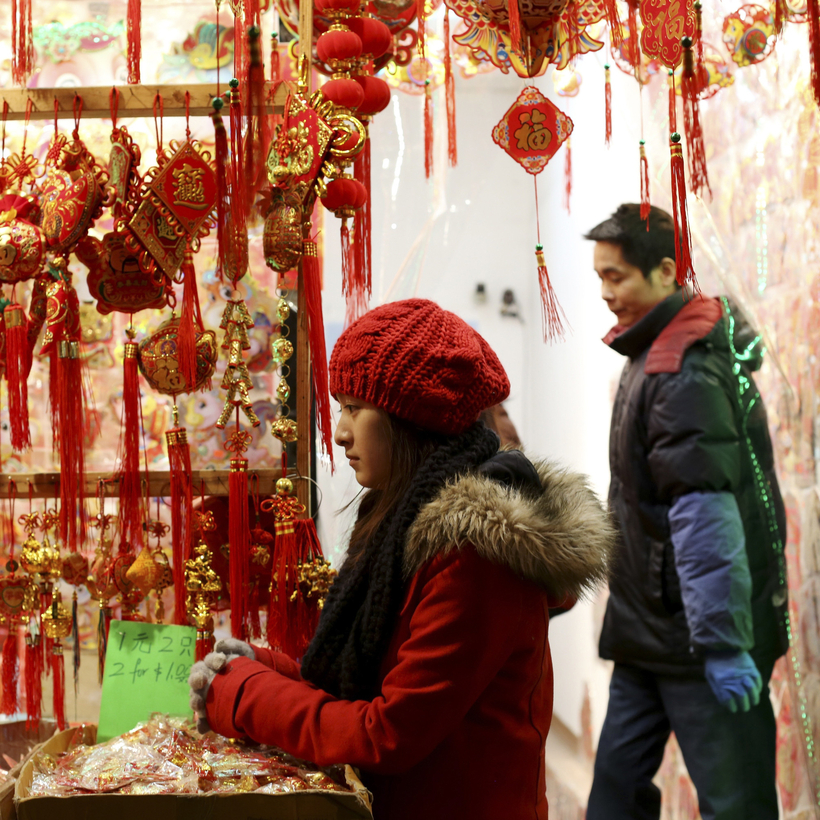When Joan Is Okay begins, our eponymous heroine makes her life sound as flat as a Chinese pancake—or, in fact, as the title of her story. At 36, she lives alone in a near-empty Manhattan apartment, has never had a boyfriend, and loves to spend all her time as an “attending,” teaching “machine readings” in a city I.C.U. Her hedge-funder brother is living the Town & Country life with his glamorous wife and kids in Greenwich, her mother has just flown over from her native Shanghai, and her father, who moved to America to raise his kids and then headed back to the more comfortable China as soon as they were in college, has just died of a stroke. Joan prides herself on having been “standardized”: “I was the standard provider who provided standardized care.”
Welcome to the strange and ever more fascinating world of a woman who aspires to be average. On her rare days off, Joan zips around her bare apartment with a “robot vacuum.” At work, she notices how “wellness Wednesdays or weeks” have turned into “wellness months” and wonders when they’ll be marking “wellness years.” When her bosses find out that Joan took no “leave of bereavement” after the death of her father, they more or less force her to take six weeks off. Now poor Joan is truly bereft: she has to spend time with her busybody family and confounding neighbors instead of at work, where she can do something useful and truly feels at home.


